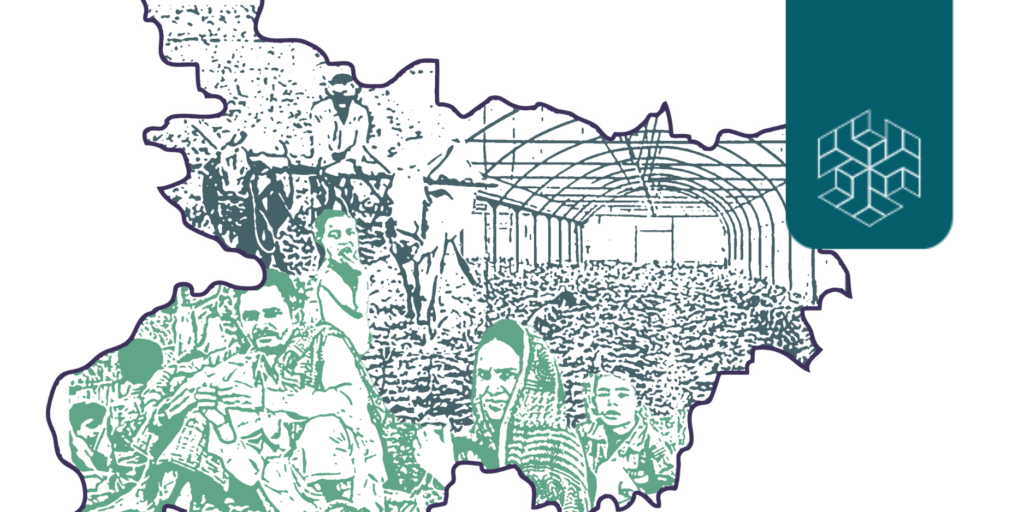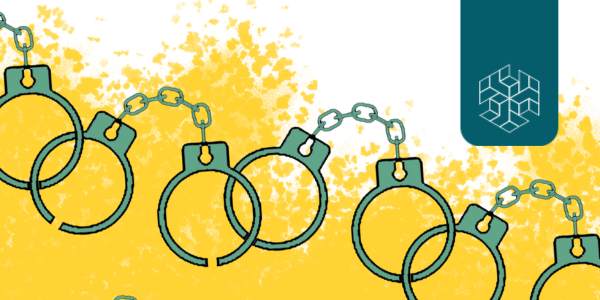Authored by: SPRF Research Team
EXECUTIVE SUMMARY
The Internal Security of a nation-state can be understood as a concept relating to the apparatuses involved in securing its territorial boundaries and protecting its sovereignty. Given the multitude of religious, ethnic, regional and linguistic identities in India, internal security is a sine qua non.
The Ministry of Home Affairs (MHA), in its annual report of 2017-18, highlighted Organised Crimes on Civilians, Left-Wing Extremism (LWE), Cross-Border Terrorism in Jammu and Kashmir (J&K), Militancy in the North-East, and Drugs and Narcotics Trafficking, as formidable challenges to the country’s internal security. This paper also adds Environmental Degradation and Cyber Security to the above list. This issue brief is first in the series on Internal Security and outlines an overview of each of the challenges.
INTRODUCTION
The Internal Security of a nation-state can be understood as a concept relating to the apparatuses involved in securing its territorial boundaries and protecting its sovereignty. These go hand in hand with the maintenance of peace, law and order, as well as the recognition that all citizens are equal before the overarching rule of law of the State (Singh 2016). The line between internal and national security is, however, contested. Samuel Makinda’s definition of security as “the preservation of the norms, rules, institutions and values of the society” is useful here (1998: 282). It connects sovereignty to security, while also highlighting that ‘Internal Security’ as a concept is very much outlined by the government in power at the time, and its geopolitical realities. For a pluralistic context such as India with multiple religious, ethnic, regional, and linguistic identities and a unique geopolitical position in the subcontinent, internal security is a sine qua non (Ganguly, et al: 2018). Given this, as well as the understanding that State and non-state actors may seek to destabilize the country, India’s National Security Advisor, Ajit Doval, in an address to the 2014 batch of Indian Police Services Probation Officers, noted, “We are now in the phase of fourth-generation warfare, a difficult war against an invisible army, whether it is organised crime, terrorism, insurgency or foreign powers trying to meddle into your internal affairs.” (Doval: 2018). The Ministry of Home Affairs (MHA) has highlighted Organised Crimes on Civilians, Left-Wing Extremism (LWE), Cross-Border Terrorism in Jammu and Kashmir (J&K), Militancy in the North-East, and Drugs and Narcotics Trafficking as prominent challenges for India’s internal security apparatus in its Annual Report of 2017-18 (Ministry of Home Affairs 2018). Cyber Security Threats (which may severely disrupt India’s online ecosystems), and Environmental Degradation (highlighted as possibly hampering ecological sustainability) have also emerged as the latest security challenges.



